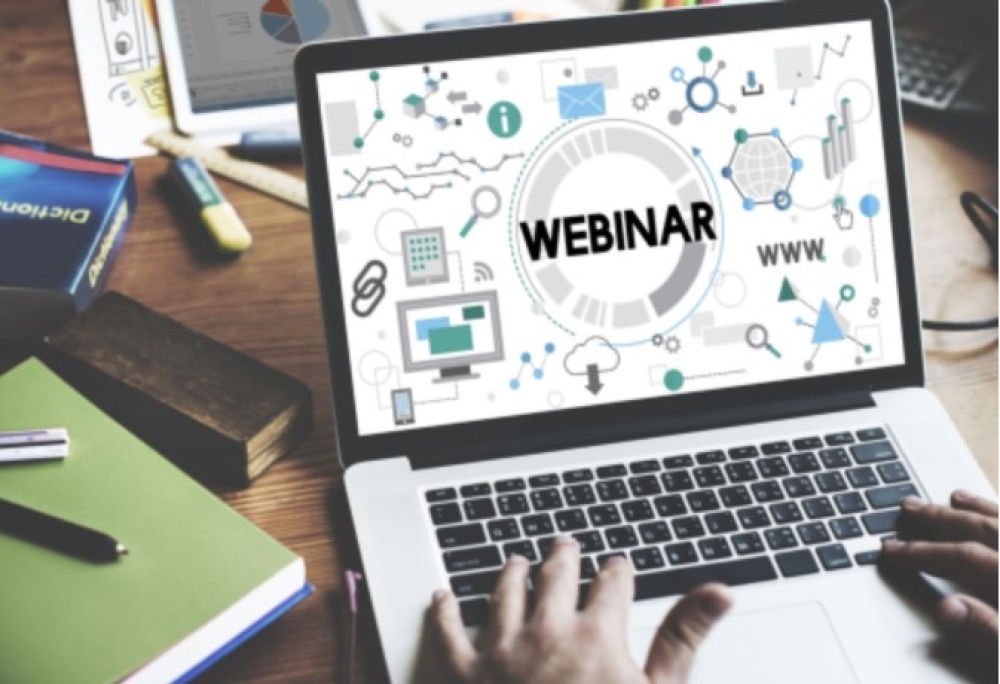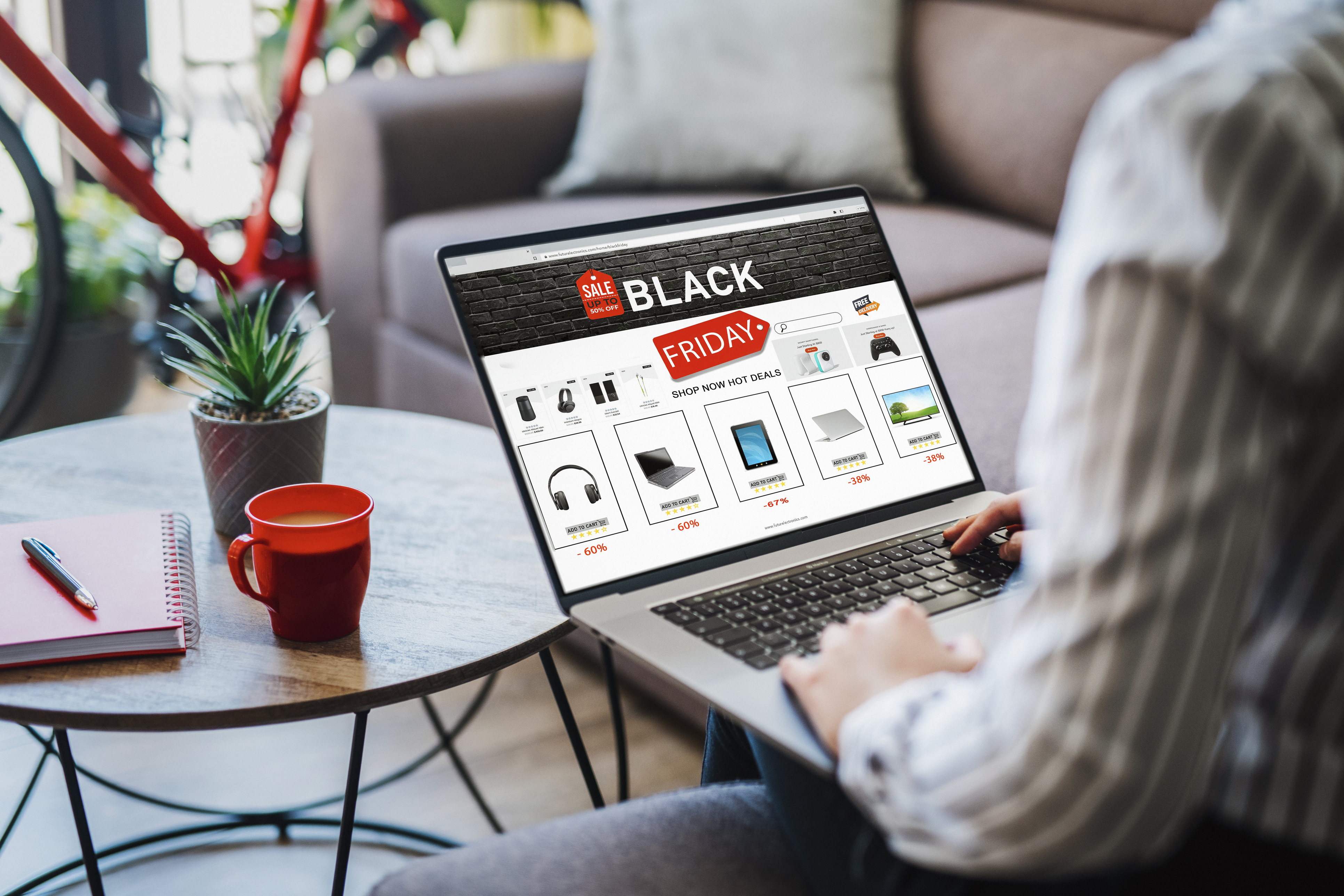Getting value from a web-based events programme
06 Jul 2020

The introduction of social distancing has forced many businesses to shift their events on-line in order to preserve the feed of qualified leads and opportunities delivered normally through face-to-face events, seminars and conferences.
Whilst a necessity in this case, web-based events are in their own right a valuable addition to any sales and marketing programme. If you haven’t considered this option previously, we’ve listed six benefits of web-based events below, together with our recommendations for the successful promotion and delivery of an online events programme.
Six benefits of a web-based events programme
- Cost: whilst you may need to invest in kit to self-host or hire an outside specialist to host for you, virtual events do not incur many of the costs associated with physical events, including venue hire, accommodation, catering, travel time and costs.
- Reach: with an online event there are no geographical constraints in terms of the audience you can reach. A single broadcast can address a global audience across many countries.
- Convenience: without the inconvenience of travel, participants can attend recorded events online at a time and location that suits them, logging in from their desk, home, or on their commute.
- Flexibility: there are multiple formats for online events, from webcasts with a broad message to a large audience, interactive webinars with a specific theme to a mid-size audience, to small, intimate webex sessions with bespoke agendas.
- Multipurpose: from awareness building, audience education, lead generation and nurture, to deeper engagement and relationship building, online events can serve multiple objectives.
- Reusable assets: live webinars can be recorded and made available online to a wider audience extending your reach and providing greater value from a single asset. Generic content can easily be tailored by adding sector specific examples and case studies.
Promoting your event
Whilst webinars and virtual events offer these benefits, you won’t see value, if attendance is poor. It is vital, therefore, to consider every opportunity to promote your events.
-
Live events – to give your programme a profile, create a schedule and publish and promote broadly well in advance. Don’t be afraid to repeat topics; this gives attendees a range of date options and will maximise overall attendance.
-
Recorded versions – once your live event has taken place, host the recorded version on a dedicated web page, either gated or free to download depending of the value of content.
-
A sales tool – encourage your sales team to use the programme as an asset with which nurture leads at different stages of the pipeline, address specific areas of interest or requirements and to give credibility to your brand and proposition.
-
Integrated campaigns – promote broad agenda events via all channels and use bespoke events strategically to support your account-based marketing programme. Email invites can reach a broad audience but phone follow ups used strategically ensure the right people attend and a call in advance will minimise ‘no shows’.
-
Lead follow ups – attendees have committed their precious time to find out more about your product or services and are, therefore, valuable leads. Not only should you follow up those that attend but also call those who registered but did not attend to discuss how your proposition might meet their needs, or importantly why they think it won’t.
-
High quality insight – Customer feedback via chats, polls, Q&As or surveys can not only flag high priority opportunities, it provides valuable insight to feed your overall strategy.
Delivering your event
It is possible to host your event yourself and there are a number of platforms available to help you do this with a reasonable level of investment. Think carefully, however, before embarking on this route as there is a lot to consider, from managing the technical broadcast, monitoring and moderating web chat and Q&A elements, to managing multiple content formats including surveys, polls, slides and videos.
Given the impact if things go wrong, it may be wise to outsource hosting to a specialist company and invest your time in other key elements such as securing the right speaker, crafting an agenda, developing tailored content for your target audience and driving high quality attendees to the event.
Whether you deliver the event yourself or outsource, here are our top tips for successful hosting:
- Always do at least one dry-run.
- Agree who does what in advance such as introductions or pushing slides.
- Always use high quality audio or video.
- Always consider background noise when choosing where to host and use a headset you can mute when not speaking.
- Check in advance that registrants’ laptops and devices meet the required technical specification.
- Have your slide deck/presentation prepared and sent 24 hours prior to your webcast pre-call/launch.
- Dial in/log in on time to do sound checks.
- Talk confidently and maintain levels throughout.
- Don’t feel you have to answer all Q&A questions – often less is more and reply offline to tricky questions.
- If you’ve booked an hour, stick to that hour or finish a little early to allow people to move to their next task.
- If using an external host/moderator, let them do their job; never ever hit ‘end webcast’ - leave that to them.
Many companies have over the past few weeks had the unfortunate task of converting their scheduled physical events into virtual events with little or no notice. This is far from ideal but, whether through necessity or choice, online events are a highly effective way to connect and engage with your target audience.
If you are introducing a new online events programme, or this already part and parcel of your marketing mix, the quality of your audience is a key success factor. As specialist event telemarketers, we’ve worked with hundreds of organisations to drive high quality, high volume attendees to a range of events. By strategically targeting high-value prospects and communicating a compelling proposition to secure their attendance, phone-based contact can maximise event ROI. Please get in touch, if you would like to discuss how we can contribute to the success of your events programme.




.jpg)
Please login to comment.
Comments